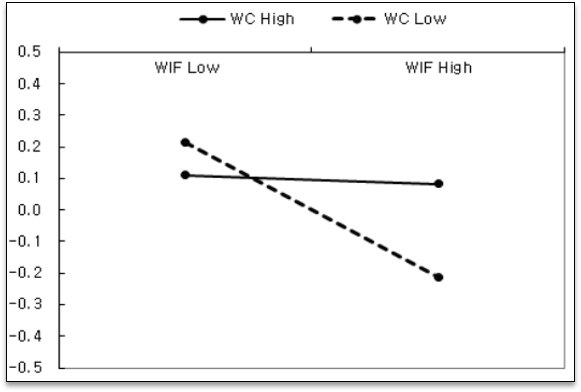Differential effect of work-centrality
respective resource and demand from work and family domain
DOI:
https://doi.org/10.37944/jams.v4i3.126Keywords:
work centrality, work–family conflict (WFC), stress, work satisfaction, family satisfactionAbstract
This study examines the nature of work centrality by targeting married office workers. The results show that separated influences depend on which sphere (work/family) is perceived as more important. More specifically, work–family conflict, which is experienced through multitasking, influences work satisfaction and family satisfaction, and work centrality has different functions in each domain. Through hierarchical regression, we found that, in the work domain, work centrality has a buffering effect on the relationship between WIF and work satisfaction, although it does not enhance the relationship between social support and work satisfaction. In contrast, in the family domain, the mediation effect of WIF between work centrality, which is the preceding variable, and family satisfaction is significant. Spousal support also has a mediating effect on the relationship between work centrality and family satisfaction. The implications and limitations of this study are also discussed.
Metrics

Downloads
Published
How to Cite
Issue
Section
License
Copyright (c) 2021 Journal of Advances in Military Studies

This work is licensed under a Creative Commons Attribution 4.0 International License.

This work is licensed under a Creative Commons Attribution 4.0 International License.

이 저작물은 크리에이티브 커먼즈 저작자표시 4.0 국제 라이선스에 따라 이용할 수 있습니다.






